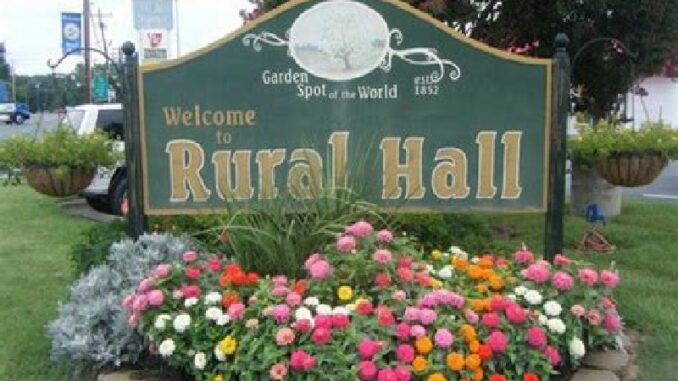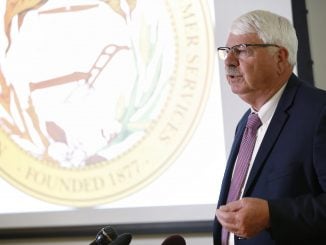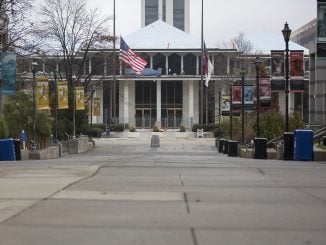
RALEIGH — An investigative audit of the town of Rural Hall conducted by the Office of the State Auditor has found multiple violations.
The town of Rural Hall in Forsyth County has an estimated 3,400 residents, according to a 2021 Census survey. Per the audit, the town operated on an annual budget of approximately $4.2 million for the General Fund, Fire Department Fund and Cemetery Fund for the fiscal year that ended June 30, 2022.
The audit lists five key findings: 1) The public was denied access to public records; 2) The town council violated open meetings law by not properly entering into closed sessions; 3) The interim town attorney’s contract was not preaudited; 4) Bank reconciliations were not completed; 5) The town council appointed the town clerk in violation of state law.
Recommendations to correct the problems included ensuring that its town attorney is knowledgeable in legal matters relating to local government, including the North Carolina public records law, North Carolina open meetings law and the council-manager form of government.
Additionally, the auditor’s office says the town council and town manager should ensure that all contracts are provided to the finance director to be preaudited prior to the obligation being incurred, and that the town council should seek legal advice regarding the potentially invalid contract.
Regarding failing to produce public records, the audit states: “Specifically, from November 2021 through June 2022, the town failed to produce 19 of 50 (38%) public records requested.” The audit says the failure to produce those records limits the public’s ability to be informed about town operations and hold officials accountable. The town could also be liable for paying attorney’s fees if challenged on the issue.
The same transparency and accountability issues were raised over the failure to adhere to public meeting laws by discussing items in closed session that should have been done in an open session.
“As a result, the town council improperly limited public transparency and accountability,” the audit states. “Additionally, any person may initiate a legal suit asking that any action taken in closed session, that should have been discussed in open session, be deemed null and void.”
In not performing a preaudit of the contract for the town attorney, “the town signed a contract without ensuring that there were sufficient funds to pay the amounts that would come due.” The contract was voted on during a closed session on Oct. 25, 2021.
The town also failed to complete monthly bank reconciliations which could lead to “an increased risk that accounting errors or the theft or misuse of cash could have occurred and not been detected,” according to the audit.
According to the findings, as of April 2022, the bank reconciliations had not been completed going back to November 2021. The average balance in the town’s General Fund was $1.1 million during that period.
The town’s finance director claimed the monthly bank reconciliations were not done because of “increased responsibilities,” and the town’s manager didn’t follow up to see if the items were performed.
The audit asserts the town clerk was appointed in violation of state law and alleges the town’s attorney did not advise the town council of the violation.
The town’s response to the audit disputed nearly all the claims, including the denial of public records requests, violations of open meeting laws, hiring of the town clerk and the preauditing of the contract for the town’s attorney. The town’s letter overall said they had interpreted state law properly despite the audit’s findings to the contrary.


